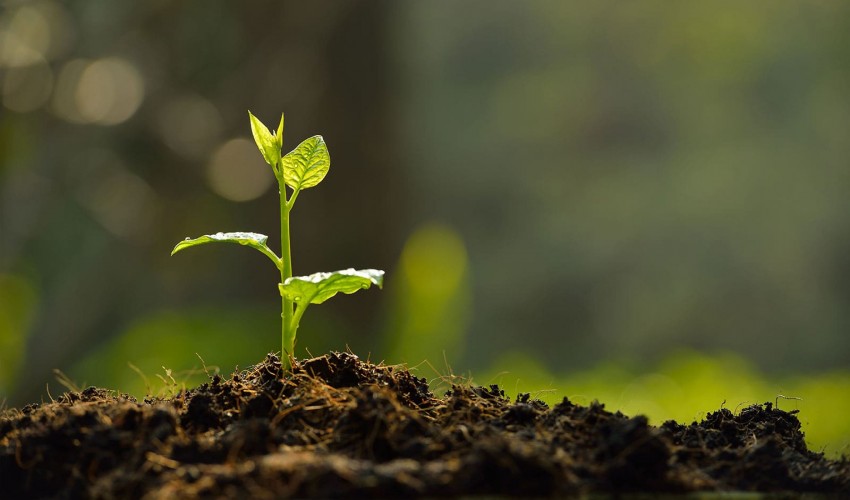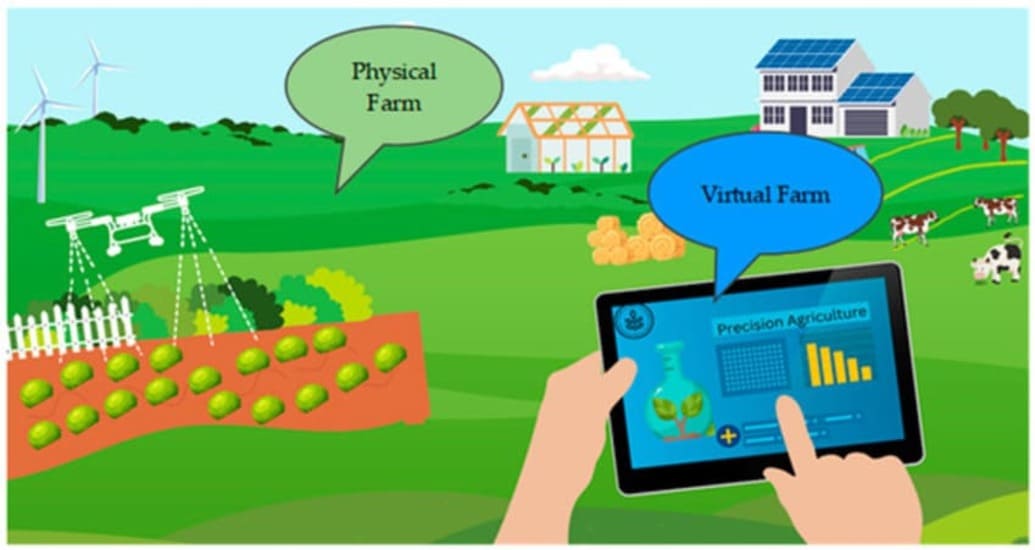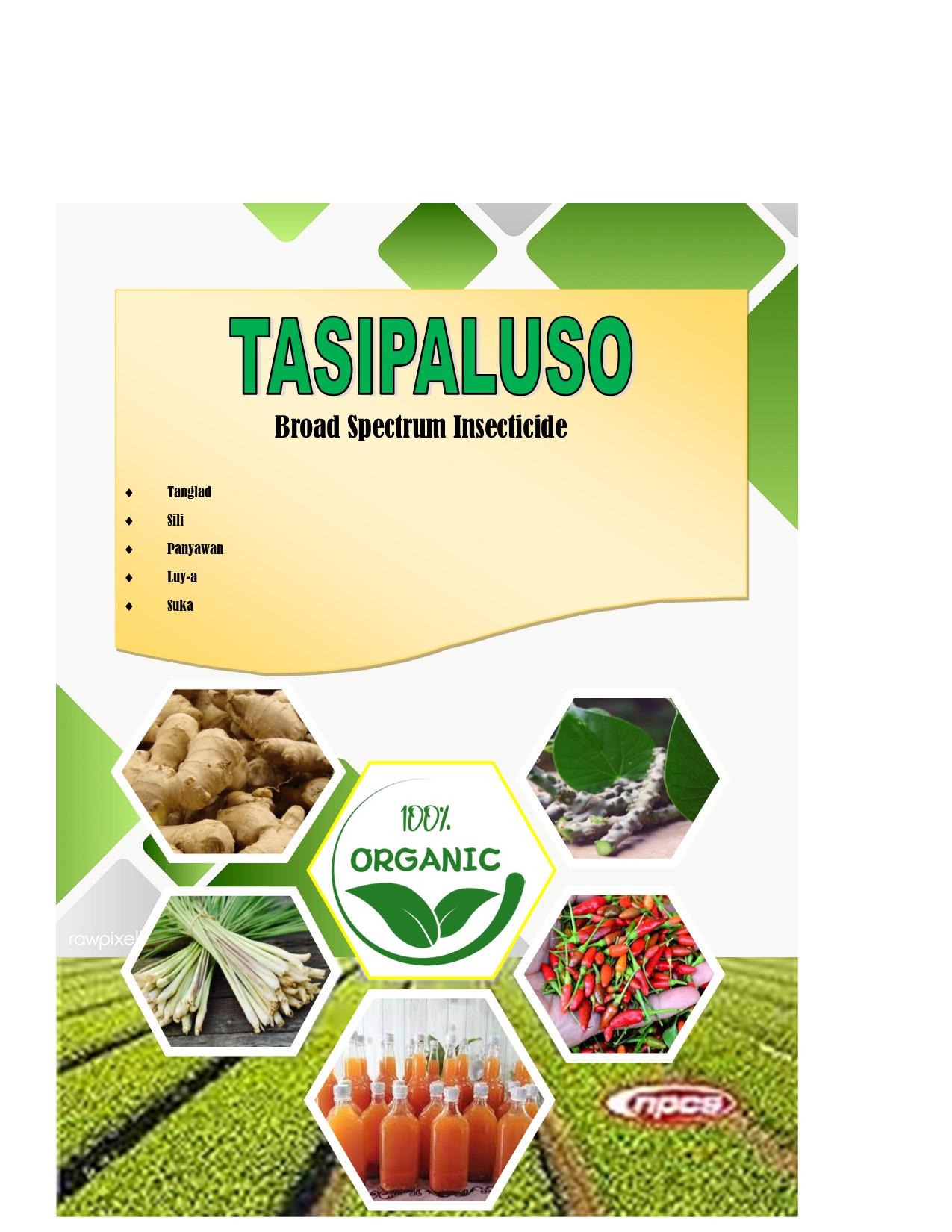
Agronomy and Chemical Science
Agronomy is the science and technology of producing and
using plants in agriculture for food, fuel, fiber, and land restoration. It is
both a humanitarian career and a scientific one. Agronomy has come to encompass
work in the areas of plant genetics, plant physiology, meteorology, and soil
science. It is the application of a combination of sciences like biology,
chemistry, economics, ecology, earth science, and genetics. Agronomists of
today are involved with many issues, including producing food, creating
healthier food, managing the environmental impact of agriculture, distribution
of agriculture, and extracting energy from plants. Agronomists often specialize
in areas such as crop rotation, irrigation and drainage, plant breeding, plant
physiology, soil classification, soil fertility, weed control, and insect and
pest control.
This area of agronomy involves selective breeding of plants
to produce the best crops under various conditions. Plant breeding has
increased crop yields and has improved the nutritional value of numerous crops,
including corn, soybeans, and wheat. It has also led to the development of new
types of plants. For example, a hybrid grain called triticale was produced by
crossbreeding rye and wheat. Triticale contains more usable protein than does
either rye or wheat. Agronomy has also been instrumental in fruit and vegetable
production research.
- Elements of Agronomy and Agricultural Meteorology
- Fundamentals of Soil Science
- Plant Pathology
- Fundamentals of Agribusiness Management
- Biology
- Food Chemistry
- Food Technology
- Field Crop Production
- Agricultural Extension Management
- Introductory Entomology
- Basic Genetics
- Production Technology of Fruit Crops
- Biotechnology and Patent Law
- Soil Fertility Management
- Diversified Agriculture and Farm Enterprises
- Effective Written Communication
- Problem Solving and Creative Thinking
- Production Technology of Vegetables and Flowers
- Agro Forestry Systems
- Rained Agriculture and Watershed Management
- Basic Food Microbiology
- Crop Improvement Principles and Practices
- Integrated Nutrient Management
- Integrated Farming System and Sustainable Agriculture
- Livestock Production and Management
- Integrated Pest Management
- Manures
- Fertilisers and Agrochemicals
- Post-Harvest Technology and Value Addition
- Rural Finance and Banking
- Production Economics and Farm Management
- Seed Production Technology
- Weed Management
- Crop Modelling
- IT in Communication and Diffusion of Agricultural Innovations
- Food Retail and Supply Chain Management
- Irrigation Systems
- Mechanization of Small Farms
- Research Methodology
- Warehousing Management
- Micro economic theory and application
- Macro-economics and policy
- Agricultural production economics
- Agricultural marketing and price analysis
- Research methodology for social sciences
- Econometrics
- Agricultural finance and project management
- Agricultural development and policies
- HARVESTING AND MARKETING THE CROP
- CROP PROTECTION/ PEST MANAGEMENT
Recent Published
Submit Manuscript
To give your manuscript the best chance of publication, follow these policies and formatting guidelines.


